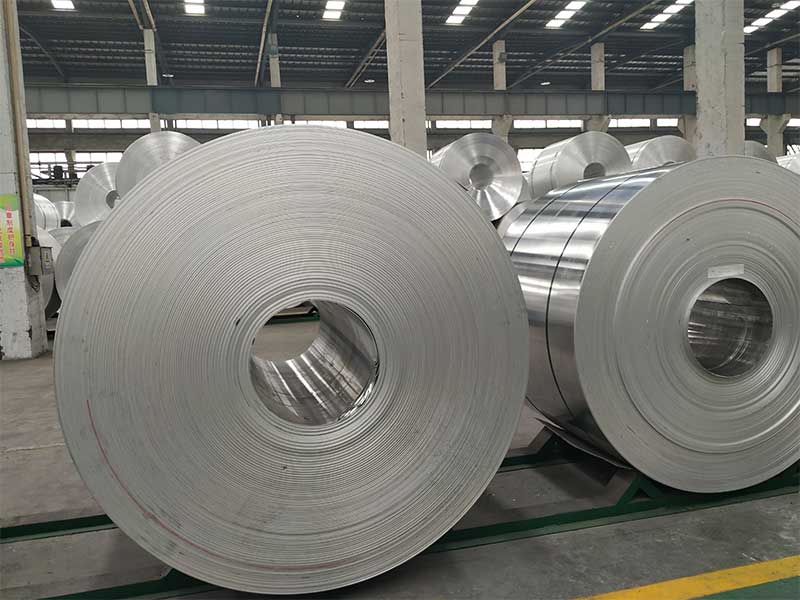When it comes to automotive manufacturing, choosing the right materials is key to enhancing vehicle performance and longevity. One of the most widely recommended materials in the industry is the 3003 aluminum coil. Notably valued for its durability and versatility, 3003 aluminum coil serves a pivotal role in car fender applications.
The 3003 aluminum coil is an alloy primarily composed of 97.5% aluminum and 2.0% manganese. This unique combination offers several distinct advantages, making it the material of choice for various automotive parts, especially car fenders.
-
Excellent Corrosion Resistance: One of the most significant benefits of using 3003 aluminum coil is its innate resistance to corrosion. During the lifespan of the vehicle, car fenders are exposed to numerous elements, including rain, road salts, and other contaminants. The corrosion-resistant properties of 3003 aluminum coil ensure that fenders maintain their integrity and aesthetic appeal over time.
-
High Workability: The malleability of 3003 aluminum coil allows for exceptional workability, enabling it to be easily stamped, formed, and cut into precise shapes. This high level of versatility makes it simpler for manufacturers to create intricate designs required for modern car fender aesthetics while ensuring performance.
-
Lightweight but Strong: Weight savings is critical in automotive design, and the lightweight nature of 3003 aluminum coil contributes to increased fuel efficiency without compromising strength. Though it is lighter than conventional car fender materials like steel, 3003 aluminum offers sufficient structural strength to withstand impacts and endure daily wear.
-
Good Thermal and Electrical Conductivity: Aluminum generally has excellent thermal and electrical conductivity properties. These characteristics come in handy, particularly in sophisticated automotive applications needed for heat dissipation or electrical connections related to vehicles' frame and body electronics.
-
Aesthetic Appeal: Available in various finishes, including coatings that enhance appearance while providing additional protection, 3003 aluminum coil fits into a wide array of design preferences. Car manufacturers can easily use it to complement their vehicle lines in innovative and cutting-edge ways.
The features outlined contribute to why the 3003 aluminum coil is highly regarded in the automotive sector, specifically for car fender manufacturing.
-
Guard Against Road Hazards: Functioning as external shields for vehicles, car fenders must be robust and able to withstand shearing forces from minor accidents, road debris, and occasional scratches. The energy absorption capability of the 3003 aluminum coil helps protect vital car parts distracting from expensive repairs.
-
Improving Aesthetics: Manufacturers always strive for design versatility to match a multitude of vehicle styles and trims. Utilizing the 3003 aluminum coil in fender designs supports integration of color coatings and anisotropic surface treatments to suit diverse consumer tastes.
-
Cost Efficiency: Due to its effectiveness and convenient processibility, choosing aluminum fenders generally yield cost-saving advantages in manufacture and diminished lifetime operations relating to repairs or replacements thanks to their obeisance.
-
Sustainable Automotive Solutions: As sustainability becomes increasingly important, the recycling of aluminum gives further definition to making a smaller ecological bite while offering utility for car parts producing lower manufacturing footprints aside artifact longevity during effective usage.









